— wp:paragraph –>
He will be great before the Lord and he may not drink wine or strong drink…(Luke 1:15)
Below you'll see everything we could locate for your search of “Matt 6-9 Luke 1-4”
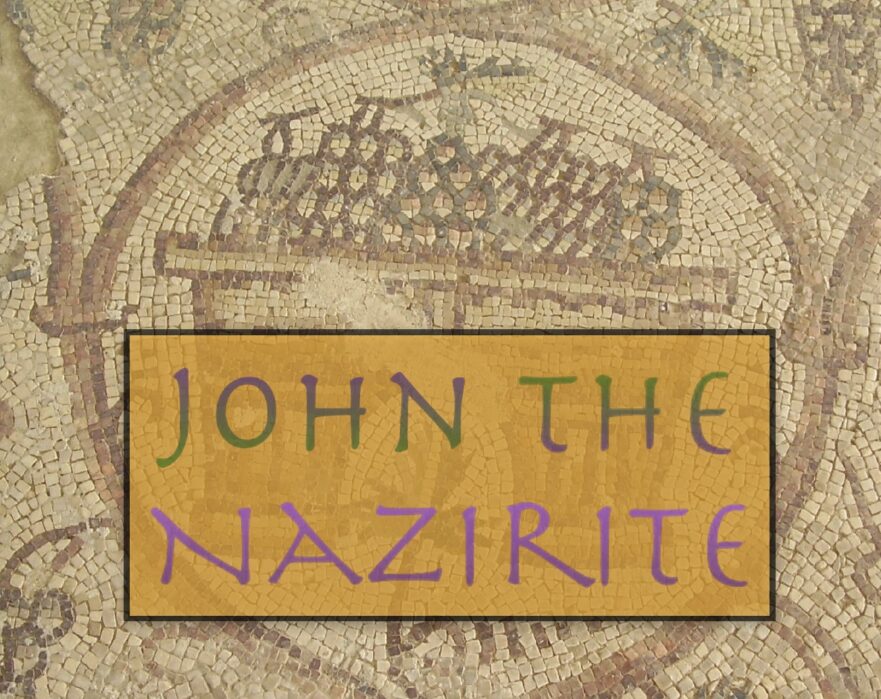
— wp:paragraph –>
He will be great before the Lord and he may not drink wine or strong drink…(Luke 1:15)
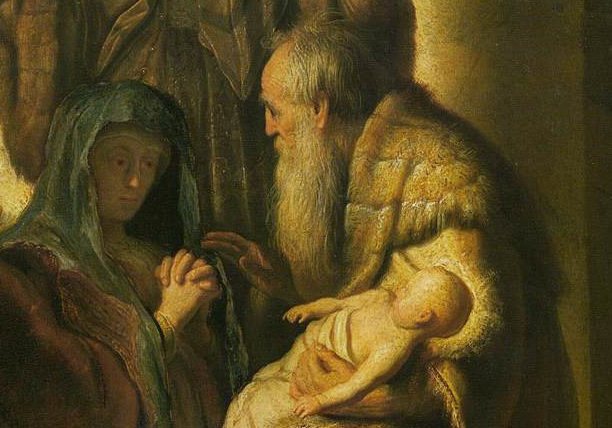
— /wp:paragraph –>(Luke 2:34-35)
Luke 2:28-32, and a more difficult one in Luke 2:34-35…. (Luke 2:28-29)
As noted above, in Jewish culture the word “bless” can be used to praise God. … Because of this, some may have understood the verbs “blessed” and “said” in Luke 2:28 to refer to two different speeches. … This fits the context of Luke 2:28-32 in which the recognition of the baby’s future role in salvation is certainly an item worthy of praising God.
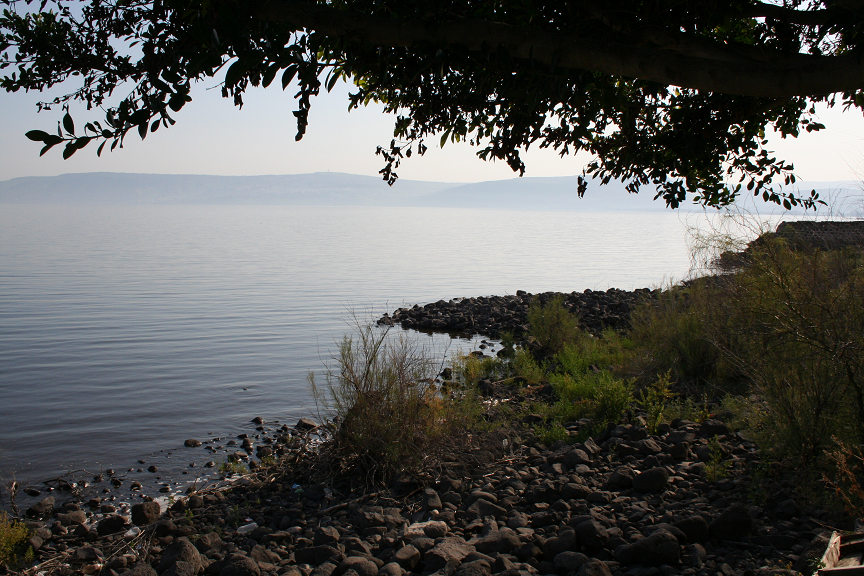
Healing the Paralytic
It happened in a house in Capernaum (Matt 9:1-8; Mark 2:1-12; Luke 5:17-26).
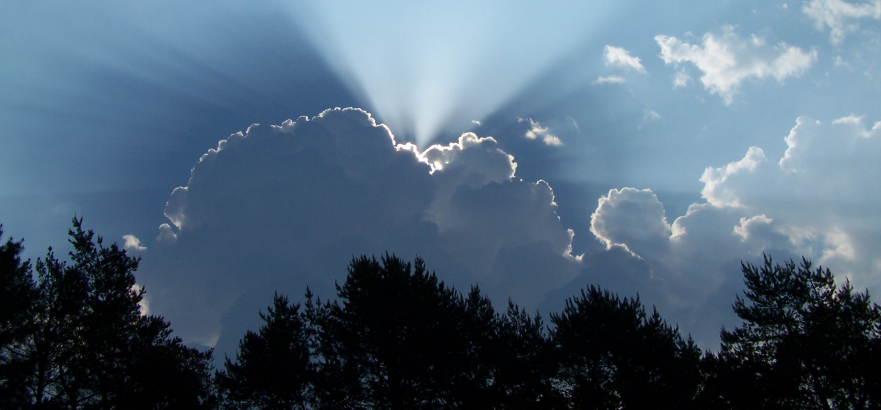
מְתֻרְגְּמָן (me⋅tur⋅ge⋅MĀN) is Hebrew for “translator.” The articles in this series illustrate how a knowledge of the Gospels’ Semitic background can provide a deeper understanding of Jesus’ words and influence the translation process.
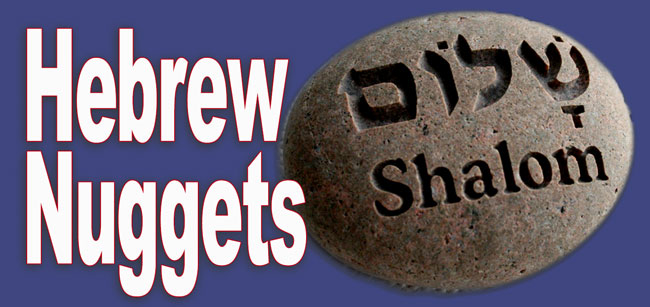
After Jesus spoke in the synagogue at Nazareth, his fellow-townsmen were “amazed at the words of grace that proceeded out of his mouth” (Luke 4:22).
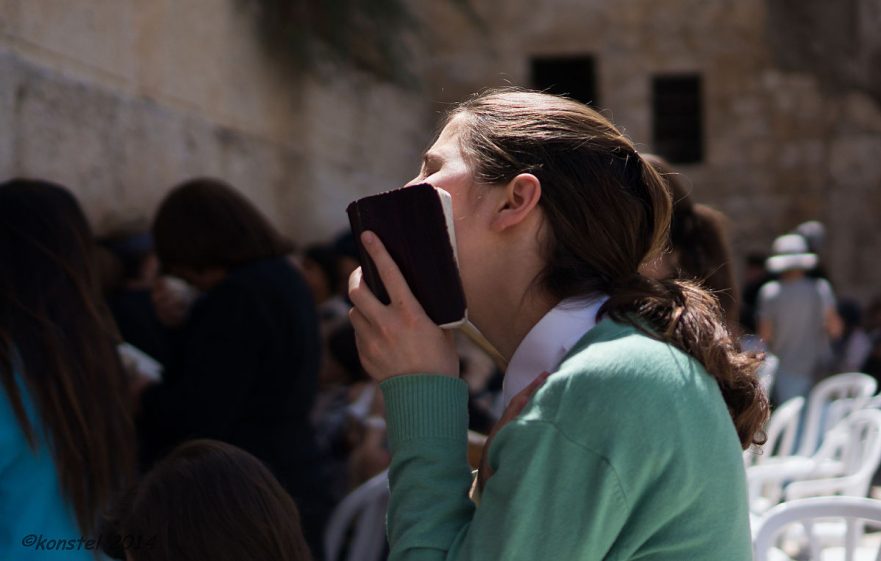
— wp:paragraph {“dropCap”:true} –>
The prayer that Jesus taught his disciples (Matt. 6:9-13; Luke 11:2-4) is viewed by Christians as a model prayer.
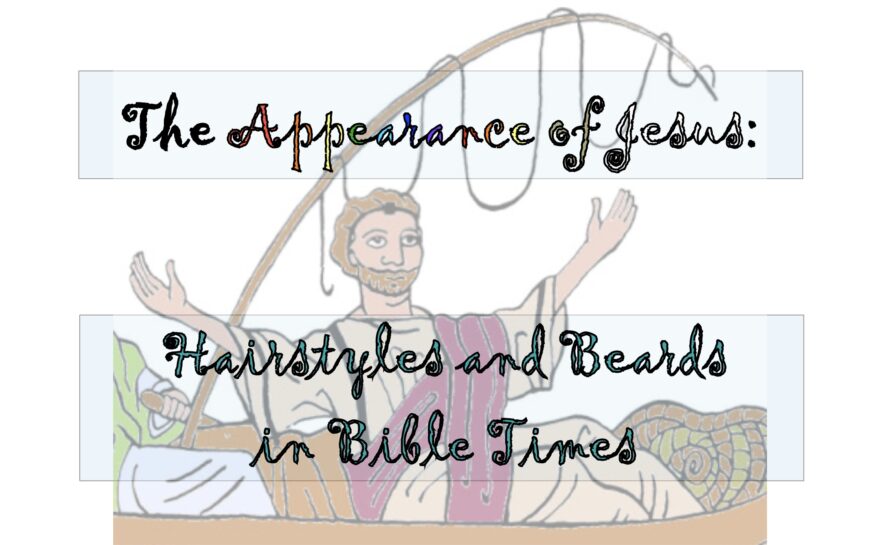
Jewish people of Bible times frequently used hair oil, especially on joyous occasions (Matt. 6:17).
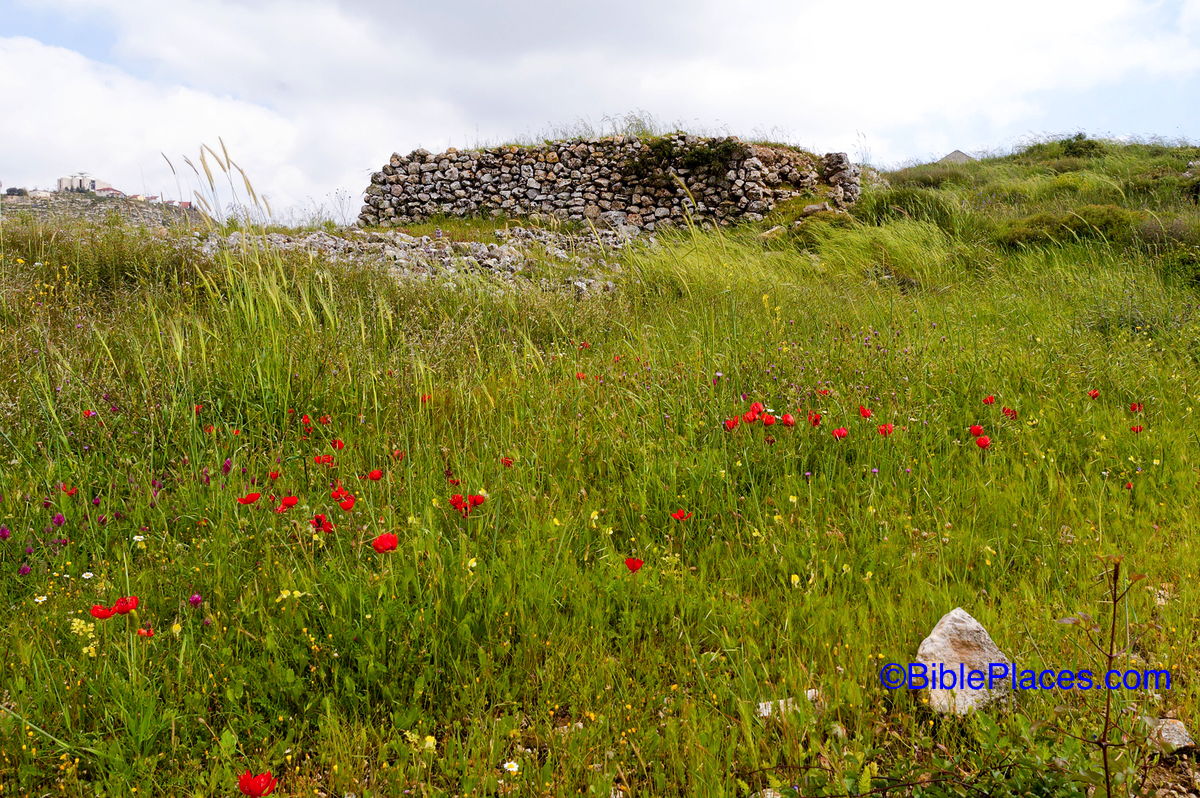
Note the way that Jesus handled the incident recorded in Luke 4:29-30, passing unharmed through the enraged residents of Nazareth.
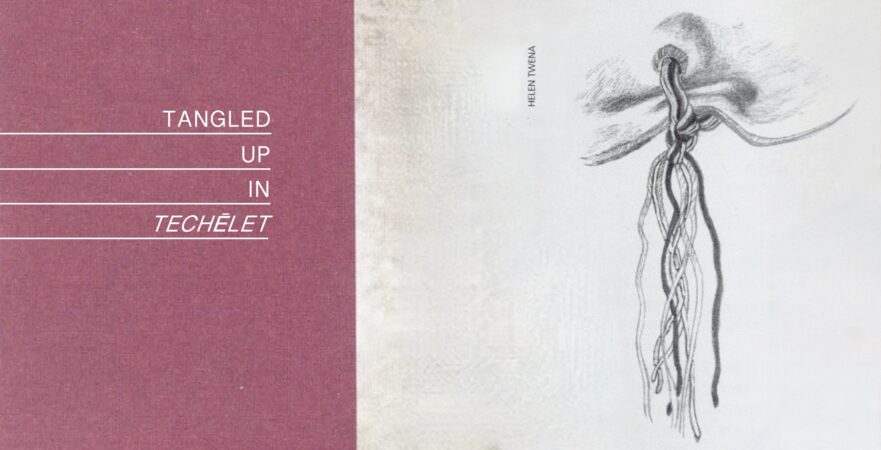
How to cite this article: JP Staff Writer, “Tangled up in Techēlet: Tzitzit (Ritual Tassels) in the Time of Jesus,” Jerusalem Perspective (2023) .
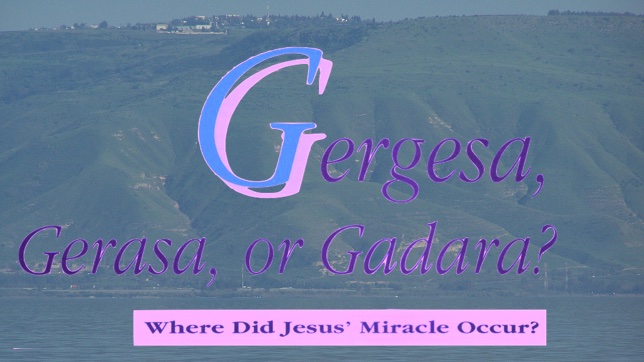
Matt. 8:28; Mark 5:1; Luke 8:26. … while immediately before he mentions Gadara, apparently commenting on one reading of Matthew 8:28 that has “Gadara.”
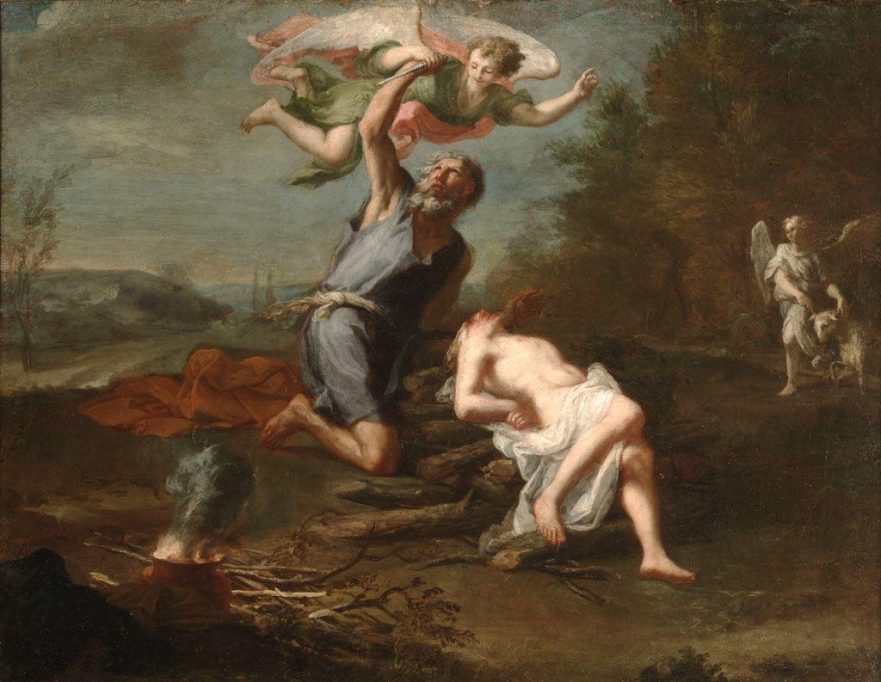
is amazingly similar to Jesus’ temptation in the wilderness (Matt 4:1-11; Luke 4:1-13)…. Luke 4:13].)
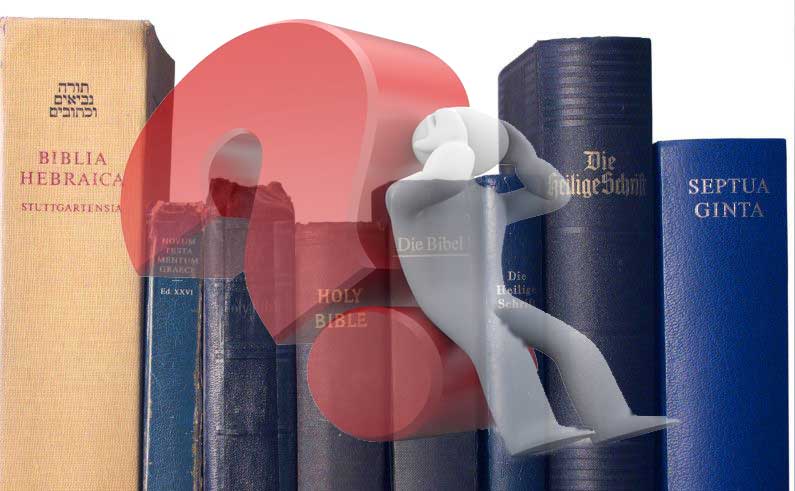
Updated: 24 November 2023
Which Bible translation is the “most accurate” is a question that is frequently asked, and it is a common search on the internet. Perhaps that’s how you came to this web page.

“The beautiful Greek of Luke’s prologue (Lk. 1:1-4), for instance, testifies that the prologue is a later addition to the gospel story” (JP 50, p. 13).
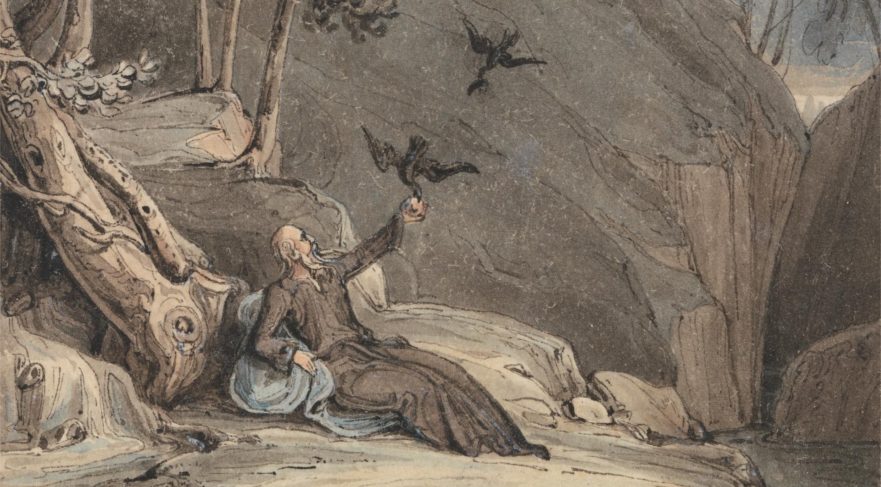
Elijah was a man of like nature with ourselves and he prayed fervently that it might not rain, and for three years and six months it did not rain on the earth. Then he prayed again and the heaven gave rain, and the earth brought forth its fruit. (James 5:17-18)This article is dedicated to my wife, Lauren Sue.
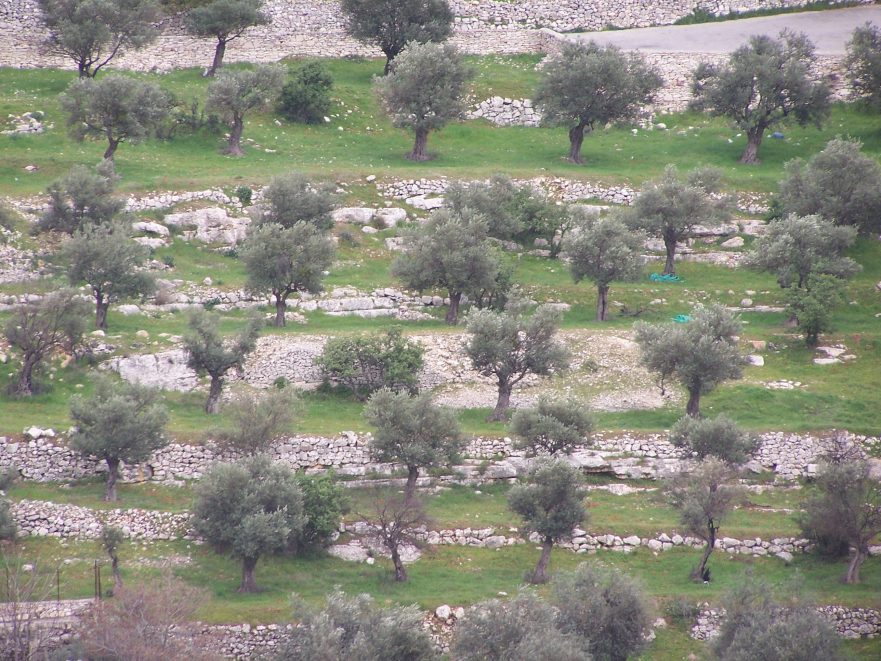
Introduction
Material from Ezekiel 17:24, and more often 21:3 (20:47 in the English Bible) has often been cited as the source of Jesus’ saying in Luke 23:31, “If they do this when the wood is green, what will happen when it is dry?” Other commentators have questioned this assumption. If the material was borrowed from Ezekiel, however, was it borrowed directly or was it sifted through hundreds of years of usage, only to find its way into the mouth of Jesus?
When addressing these questions, it becomes immediately apparent that despite the numerous interpretations offered, there has been no attempt to gather all the pertinent sources together. Nor has there been any attempt to offer anything resembling a comprehensive analysis of all the relevant material.
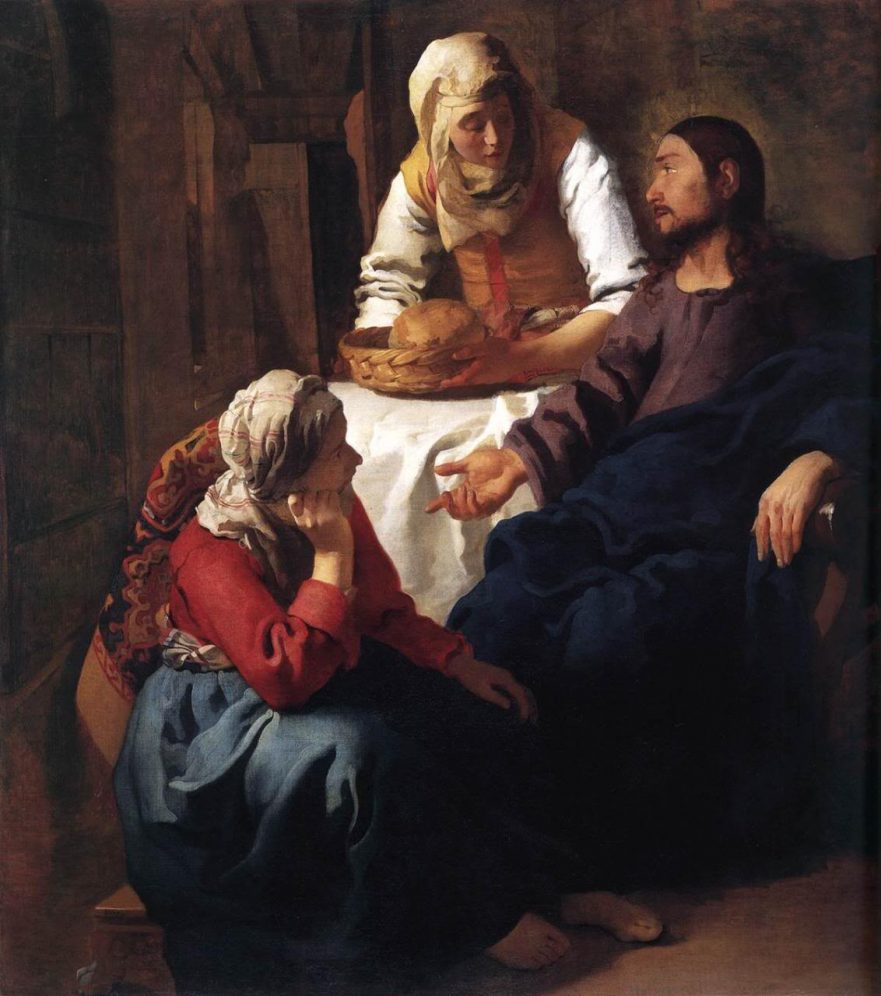
One of the “longer” gospel stories that Lindsey has suggested is composed of four passages: Luke 10:38-42; Matthew 6:25-34 (= Luke 12:22-31); Luke 12:16-20; and Luke 16:19-31…. “Worry” ties together the first two fragments, the incident from Luke 10:38-42 and the teaching from Matthew 6:25-34 (= Luke 12:22-31). … Because they illustrate the two principal concerns mentioned in the second fragment (Matt. 6:25-34 = Luke 12:22-31), the two concluding parables probably belong to this context.